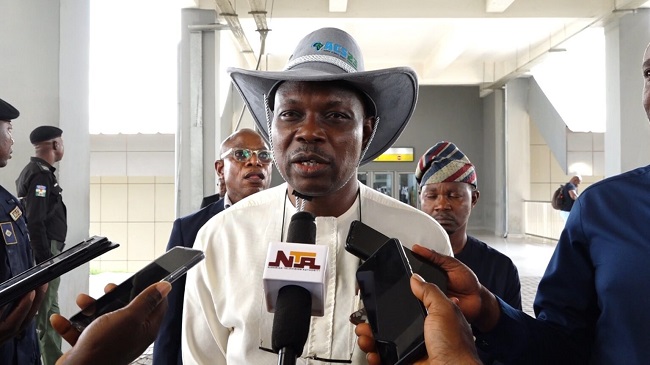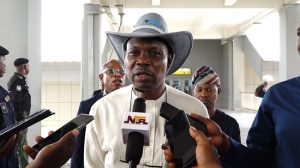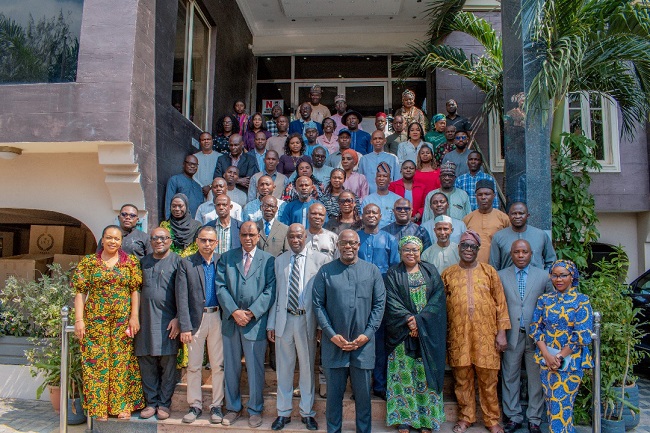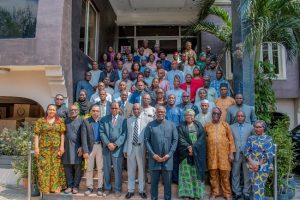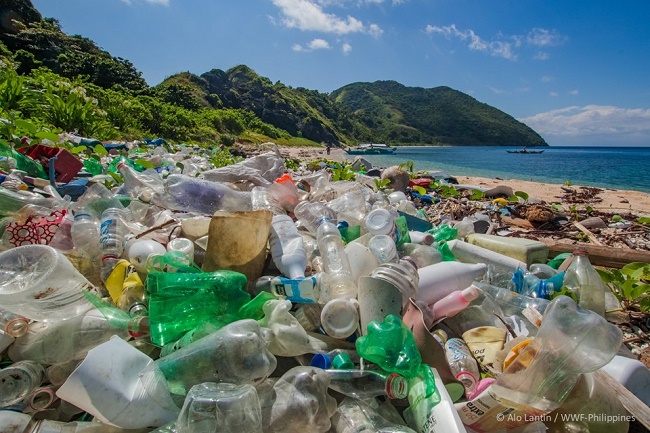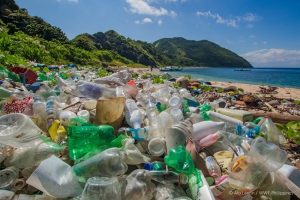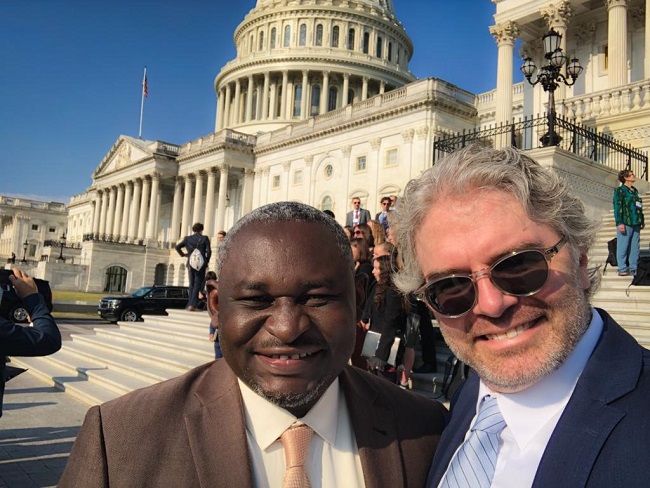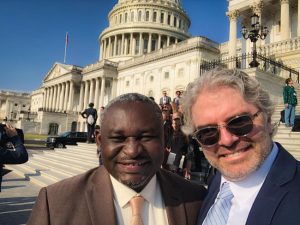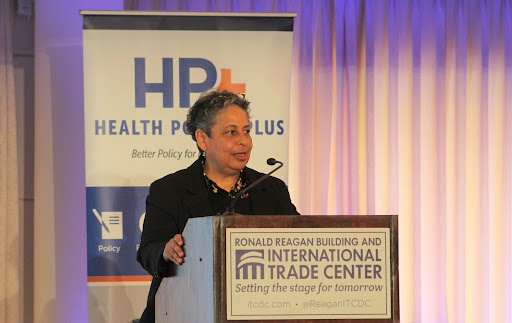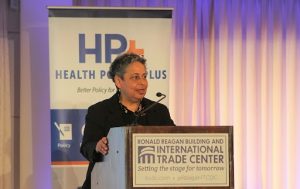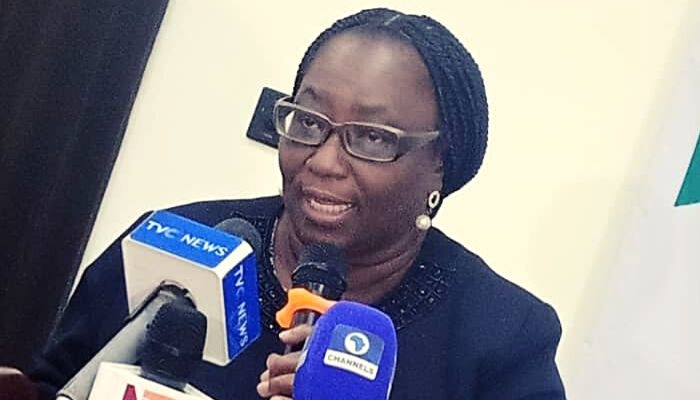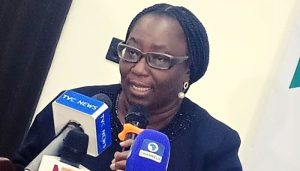A group of 17 leading banks from the Global Alliance for Banking on Values (GABV) has endorsed the Fossil Fuel Non-Proliferation Treaty initiative. The banks are said to be at the forefront of a growing number of financial institutions joining the call for the Treaty and taking a significant step forward in a global effort to address the root cause of the climate crisis – the production and use of oil, gas and coal.

The GABV is a network of the world’s most socially and environmentally responsible banks. The GABV members to endorse the Treaty proposal include Triodos Bank, the first bank in the world to sign up.
Banks to endorse the Fossil Fuel Treaty initiative are: Amalgamated Bank (United States), Banca Etica (Italy, Spain), BancoSol (Bolivia), Beneficial State Bank (United States), Centenary Bank (Uganda), Clearwater Credit Union (United States), Climate First Bank (United States), Ekobanken (Sweden) and Finca DRC (Democratic Republic of Congo).
Others include Merkur Cooperative Bank (Denmark), NMB Bank (Nepal), Summit Credit Union (United States), Sunrise Banks (United States), Triodos Bank (Netherlands, Belgium, UK, Spain, Germany), Unity Trust Bank (United Kingdom), Vancity (Canada) and Vdk Bank (Belgium).
A global campaign to phase-out fossil fuels
The Fossil Fuel Non-Proliferation Treaty Initiative is a global effort to foster international cooperation to accelerate a transition to renewable energy for everyone, end the expansion of coal, oil and gas, and ultimately equitably phase out existing production. The Treaty reflects what science shows is needed to address the climate crisis.
The proposal has gained traction globally. Support from various sectors recognizes the urgent need for action to stop the proliferation of, and start to phase out, the use of coal, oil, and gas – the primary drivers of the fast-accelerating climate emergency and rising inequality. These banks join other relevant stakeholders like the World Health Organisation, the European Parliament and a growing block of 12 nation-states already calling for a new international treaty to transition away from oil, gas and coal.
While the Paris Agreement set a crucial global climate target, many governments continue to approve new coal, oil and gas projects. The UNEP Production Gap Report 2023 warned that fossil fuel extraction plans undermine the world’s chances of meeting our global climate targets. The report revealed that, despite their climate pledges, governments still plan to produce around 110% more fossil fuels in 2030 than would be consistent with limiting warming to 1.5°C.
The role of the banking sector
According to the Banking on Climate Chaos report released in 2023, Since the Paris Agreement was signed, the world’s banks have pumped $5.5 trillion into fossil fuels. A recent report by Topo Finance found that if the largest banks and asset managers in the U.S. were a country, they would be the third-largest emitting country in the world, behind China and the U.S.
At the United Nations Climate Change Conference COP26 in Glasgow in 2021, major western banks pledged to reduce their carbon footprint and invest in green initiatives, aiming to achieve net zero emissions by 2050. Despite commitments, the ratio of bank financing for low-carbon energy projects to fossil fuels falls short of targets, as research from Bloomberg NEF reveals. Moreover, banks with net zero targets have provided substantial loans to oil, gas, and coal companies that expand their fossil fuel-related activities.
David Reiling, Chair of the GABV and CEO of Sunrise Banks, explains that the global financial sector needs to play a pivotal role by bringing the business community together and pushing to transition away from fossil fuel production.
He said: “The Fossil Fuel Treaty is a binding agreement, signaling that businesses are ready and willing to make this commitment. By signing onto this Treaty, we are leveling the playing field and driving a global and equitable transition to meet our 2050 Net Zero Commitment. I applaud these seventeen GABV members for leading the way. I expect more values-based banks and businesses to sign the Treaty and join the growing initiative to move to a cleaner, more sustainable future.”
Ali Sheridan, Director of Major Partnerships at The Fossil Fuel Non-Proliferation Treaty initiative, emphasised the importance of the financial and business sectors joining the call for a Fossil Fuel Treaty, sayingL “The collective support from these banks is a testament to the growing recognition within the financial sector, particularly among its most progressive banks, of the critical role it plays in addressing the climate crisis. Businesses have a significant opportunity to spearhead the creation of an equitable and sustainable future, but it is crucial that this is done in a credible way that ensures no one is left behind.
“By aligning financial practices with sustainability goals and supporting initiatives like the Fossil Fuel Treaty, banks can play a leading role and drive meaningful change, as well as contribute significantly to fostering the global, multi-stakeholder cooperation necessary for a just transition away from fossil fuels, and to secure a cleaner, greener and fairer future for all.”
Over 3,000 scientists and academics, 101 Nobel laureates, hundreds of health professionals, thousands of religious institutions, a growing number of Indigenous organisations and youth activists, over 100 cities and subnational governments, more than 600 Parliamentarians across the world, and a growing number of businesses are reportedly calling for a Treaty to phase out fossil fuels and fast track a fair energy transition.


